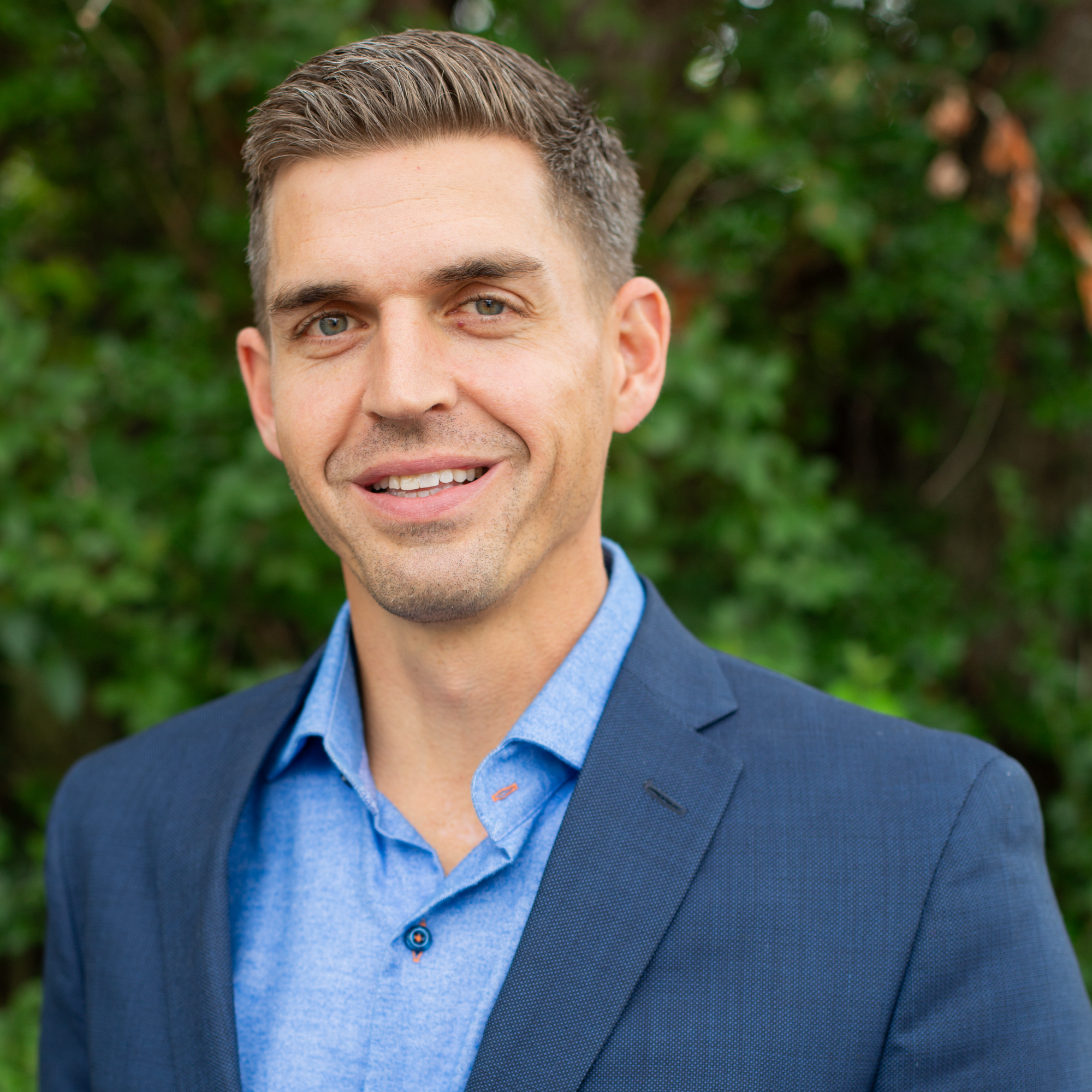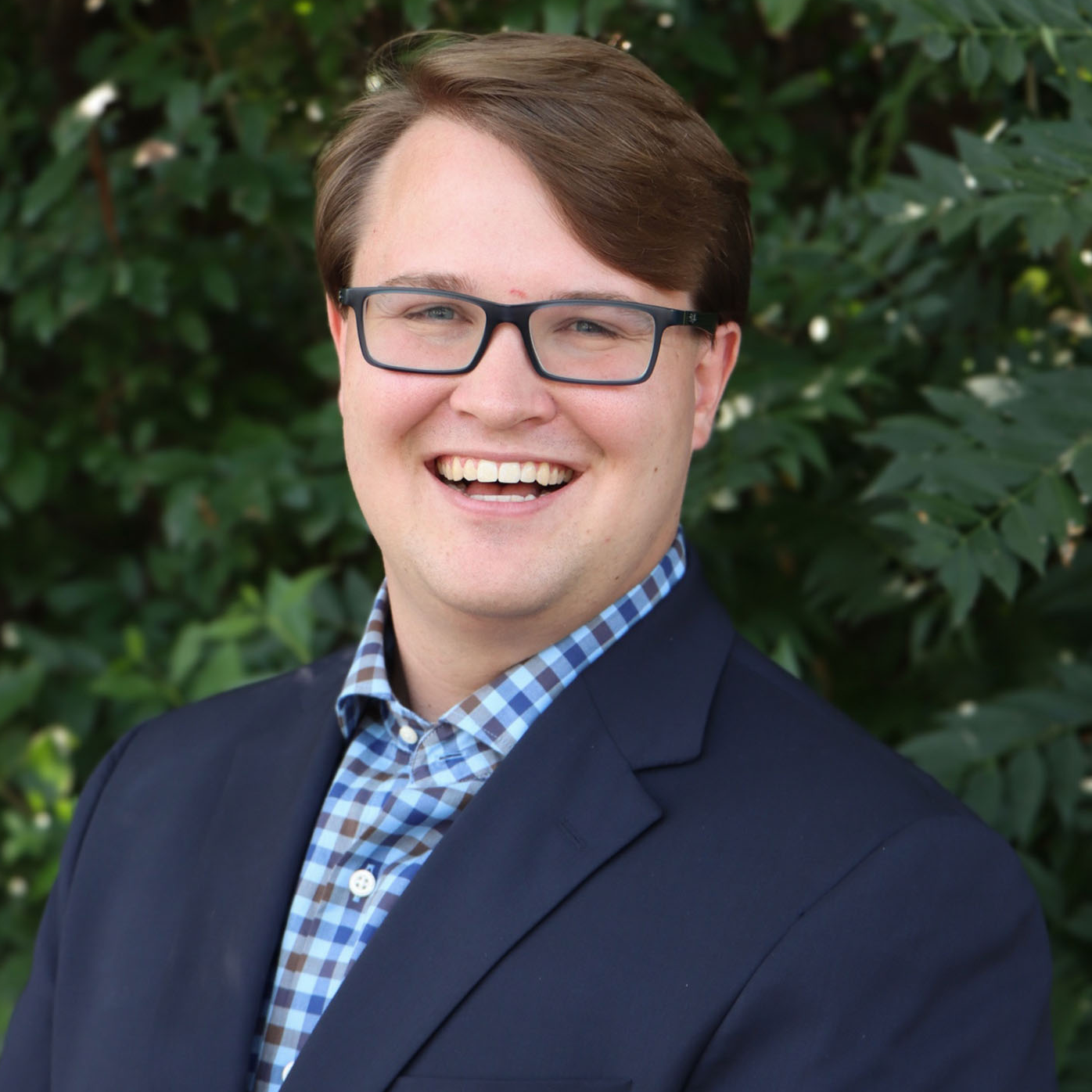Connecting with future financial advisors on college campuses: Not every wealth management firm does it, but for Austin, Texas-based 49 Financial, it has become a vital step in shaping the next generation of advisors — one that goes beyond recruitment to include mentorship and education.
Luke Winskowski, President of 49 Financial, and Associate advisor Wills Crenshaw know it’s essential not to adopt a “sink or swim” approach. Instead, investing in structured development and a supportive culture that’s driven by clear expectations can empower young advisors from day one. The long-term process of building confidence and growing into trusted professionals who thrive in wealth management starts with proper guidance.
WSR sat down with both of them for a closer look at recruiting Next Gen advisors directly from college.
Luke Winskowski, President, 49 Financial

WSR: Why did you decide to recruit junior financial advisors directly from college versus hiring professionals who already have gone through basic training, acquired credentials and work at one of the wirehouses?
Winskowski: At 49 Financial, we are a values-based organization with a model built around the ethos of 2>1, or a teaming model and planning experience for clients that is very intentional and differentiated. Every part of our process to select, onboard and nurture new talents rides on their ability to learn and express their talent into this system.
Hiring experienced advisors requires retraining and/or resetting expectations from different systems. So, we place an emphasis on doing the much harder, but more value-driving, work in the long run of hiring college talent. We are not saying we won’t carefully add experienced people, because we have and will continue to, but it will be to complement, not be the core strategy.
WSR: What do you tell financial advisor hires they will need to do to be successful in this role, and is this established at the top of the interview process?
Winskowski: We are in a human-centered trust business, so our hires need to have exceptional people and communication skills. They need to be able to interact authentically with families of wealth, leading with a set of values our clients can connect with. This is a hard business to start in, so they have to be winners — whether in the classroom, playing field or in other endeavors. They are leaders and can use that drive and competitive spirit to create results and impact as they build the business with us.
WSR: What response would you make to criticisms on various online discussion forums from parties claiming to be former employees about how 49 Financial does not set expectations clearly with new hires, and the job is more sales-heavy than they were led to believe?
Winskowski: First, I want to acknowledge that no company is perfect, and we would never hold ourselves out to be that – in fact, we take feedback very seriously and use it every day to make adjustments. For example, we have spent the last two years scripting out specifically what must be shared with any candidate to enable them to make an informed decision, and literally, our executive team now conducts final interviews to validate that this has happened.
We also acknowledge this as a risk of choosing to focus on Next Gen talent in their 20s, the majority of whom are experiencing their first job. In the industry, the attrition rates of new advisors are approaching 90% over a four-year period, and this includes second-career hires.
We are only at 60% attrition, and yet, that is still more than half of those we bring on, all of whom come to 49, hopefully, because they are excited about the career prospect and the mission. It is very hard sometimes when that doesn’t work out. We take great care in that and want, at the end of the day, to position any talent that finds this is not their calling with skills they can use for what is next.
Finally, this is a sales career. We must be honest about that, and especially for first-time career entrants, not everybody will succeed in sales. We all do a disservice when we are not honest about results, so back to the first point, we are getting clearer in our onboarding about what it means to join a competitive business that has to make business decisions when results are not there.
Wills Crenshaw, Associate, 49 Financial

WSR: Why do you think 49 Financial chooses to recruit advisors directly out of college, rather than only hiring experienced professionals from wirehouses or large firms?
Crenshaw: At the heart of 49’s decision to hire young professionals directly out of college are three core beliefs. First, we believe that the limited success of young people in this industry stems more from a lack of training than a lack of talent. Great training and our teamwork-based model allow younger advisors to build a sustainable business.
Second, the ongoing Great Wealth Transfer presents both a need and an opportunity for the next generation to enter the industry and make a meaningful impact quickly. Within the next five to 10 years, we anticipate a significant shortage of qualified advisors, and we intend to be prepared to meet that demand.
Third, we are committed to giving back — just as someone once invested in us at the start of our careers, we believe it’s our responsibility to use our time, talent and resources to train and empower others.
WSR: When you were going through the interview and onboarding process, what did you understand were the key things you’d need to do to be successful here? Was that made clear to you from the start?
Crenshaw: Throughout the onboarding process, it was clear that success in this role would depend more on grit, determination and a willingness to learn from feedback than on any technical knowledge. While I was assured that the technical aspects of financial planning would be taught on the job, the most critical expectation was that I bring an entrepreneurial mindset, especially when it comes to prospecting, client service and everything in between. Without that mindset and those skills, success simply wouldn’t be possible.
“The most critical expectation was that I bring an entrepreneurial mindset.”
– Wills Crenshaw
WSR: Among your peers who started around the same time, how many have stayed on past the one-year mark? What do you think influences whether someone stays or moves on?
Crenshaw: Around 60% of us are still here, and while people leave for a variety of reasons, it usually comes down to three main factors:
Discomfort with the entrepreneurial nature of the role. Many struggled with the prospecting side — putting themselves out there and actively building a client base. That hesitation often impacted their performance.
Variable compensation. For some, the challenge of building a business wasn’t worth the uncertainty of inconsistent income from month to month.
Not a good fit. Because this is many of the advisors' first job in the workforce, they may just find out that the required skills and day-to-day of the job are not a good fit for them or what they want for their career. That said, the strong training and supportive community at 49 have helped many of us navigate these challenges, which are tough for everyone. A solid team makes a huge difference, especially when dealing with rejection. Instead of letting it wear us down, we learn to process it, grow from it and keep moving forward.
Janeesa Hollingshead, Contributing Editor at Wealth Solutions Report, can be reached at editor@wealthsolutionsreport.com.














